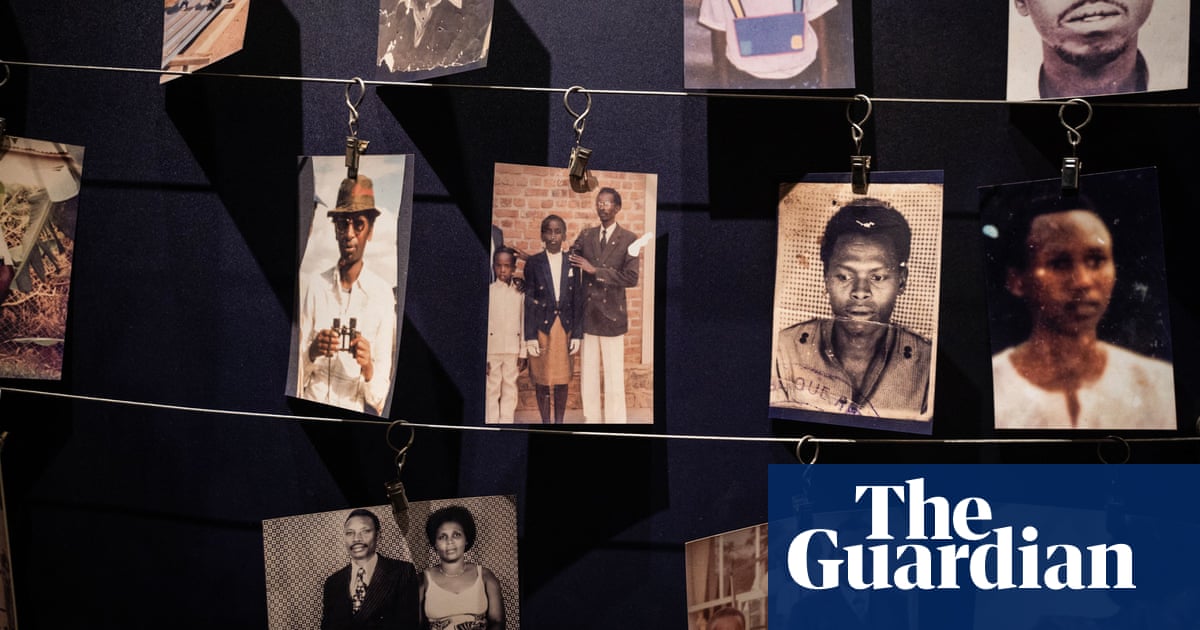ANew Yorkbeekeeper who has been in the US for decades has been accused of concealing a leadership role in the genocide in Rwanda in the mid-90s, prosecutors have said in documents.
The man told federal agents: “I know I’m finished” when he was arrested on Thursday on charges that he hid his past when he applied for for a green card and US citizenship, according to the prosecution in the case.
Faustin Nsabumukunzi, 65, was charged with covering up from US authorities his role as a local leader inRwandawhen the genocide began in 1994. An estimated 800,000 Tutsis were killed during the three-month-long genocide. The indictment of the Bridgehampton man was unsealed in Central Islip on Long Island, the suburban district to the east of New York City.
At an initial court appearance, Nsabumukunzi pleaded not guilty to visa fraud and attempted naturalization fraud and was released on $250,000 bail. The bail package requires home detention and GPS monitoring, but he will be allowed to continue working as a gardener.
Evan Sugar, a lawyer for Nsabumukunzi, described his client in an email as “a law-abiding beekeeper and gardener who has lived on Long Island for more than two decades”.
He said Nsabumukunzi was “a victim of the Rwandan genocide who lost scores of family members and friends to the violence”.
Sugar said Nsabumukunzi was rightfully granted refugee status and lawful permanent residence and planned to “fight these 30-year-old allegations” while maintaining his innocence.
In a detention memo, prosecutors said interviews of witnesses who knew him in Rwanda indicated that Nsabumukunzi falsely assured Tutsis at public meetings when the genocide began that they would be protected.
But, they said, Nsabumukunzi in private meetings urged Hutus to begin killing Tutsis, the memo says.
Prosecutors said witnesses told them that Nsabumukunzi not only participated in the killing of Tutsis, including in his administrative offices, but he also encouraged Hutu men to rape Tutsi women as a genocidal tool.
Prosecutors said that when the charges were described to Nsabumukunzi as he was arrested on Thursday morning, he responded: “I know I’m finished.”
According to the indictment, Nsabumukunzi was sentenced to life in prison after he was convicted on genocide charges in absentia by a Rwandan court. He’d been accused of using his leadership position to oversee the killings of Tutsis in his local area.
He allegedly set up roadblocks during the genocide to detain and kill Tutsis and participated in killings, the indictment says.
In 2003, Nsabumukunzi applied to settle in the US as a refugee and received a green card in 2007 before applying for citizenship in 2009 and 2015, authorities said. In his applications, they added, he falsely asserted that he was not involved in the genocide.
Matthew Galeotti, head of the justice department’s criminal division, said in a release that Nsabumukunzi participated in “heinous acts of violence abroad and then lied his way into a green card and tried to obtain US citizenship”.
